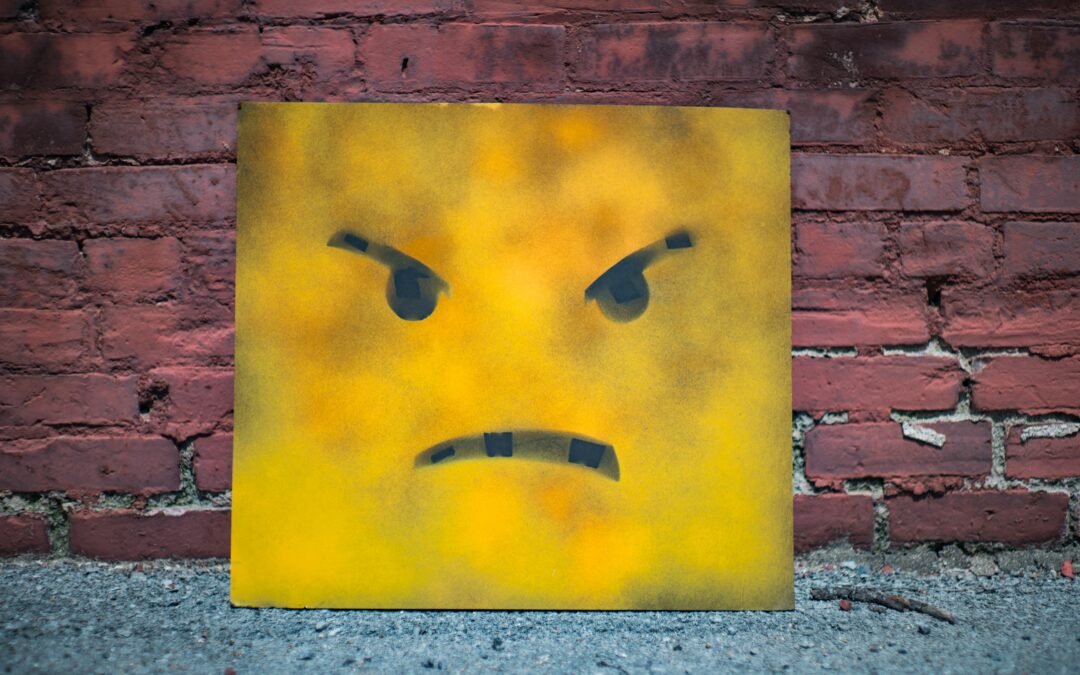
by CMR@dmin | Apr 24, 2023 | News
The future has never been darker – and this applies to the most vulnerable in our country: children, women, disabled persons and the elderly.
Last week, the news that thousands of these people will be left without professional social work services became known.
The Department of Social Development ( DSD) has published a worrying budget: which is directly contrary to quite a few laws.
So says Henda van der Merwe, director of CMR Gauteng-East, a Child and family care organization in Pretoria.
“We have been warning for years – decades – that NGOs’ task is getting bigger, but the available means are getting smaller.”
The recent announcement by the Department of Social Development, in which their new policy direction was announced, together with a significant reduction in funding, showed that the situation is more than worrying – it is blatantly unacceptable.
The biggest problem is the plan to merge the DSD with the Department of Agriculture, Rural Development and Environment.
This merger means that much-needed funds are taken away from children, people with disabilities, the elderly, the poor. There is a clear move away from social work services towards community development, which means that the vulnerable groups served by us are pushed aside – and will be left to their own devices when funds dry up completely.
“Where is the priority of people in our society who are at the lowest level, who, due to economic realities, cannot help themselves, and are therefore assigned to the multitude of NGOs that depend on funding to be able to do their work,” asks Van der Merwe.
The impact of these rebates (CMR Gauteng-East faces a 61% rebate) means that where in 2022 we could serve 28,676 people with care, we will now be able to assist less than 10,000.
As a Child Protection Organization, we want to emphasize that people will now have nowhere to go. Children who are molested, abused, neglected… who will stand up for them?
We have signed contracts with the Department until 2024, but they are announcing a rebate in 2023. What about the existing contracts? Is the government going to act so illegally?
The department should provide support, but what is happening now is a centralization of powers which is an outrage. They want to arrogate to themselves more and more powers, but in fact, deny their own mandate.
CMR Gauteng East closes its doors on Monday until further notice. No services will be provided. All services are referred to the Department of Social Development for handling.
CMR Gauteng East has 13 satellite offices across Pretoria and handles almost 30,000 cases annually. The organization is registered as a registered Child and Family Protection Organization, As well as an NPO 035-918 and also has PBO status with SARS.

by CMR@dmin | Nov 10, 2022 | Support
Is uncontrollable behaviour in children increasing in communities?
Children must be seen and not heard. Long ago this was the norm and parents applied it daily. Today’s trends are not the opposite, but a very different understanding of how children should behave, or how to educate children. Schools and teachers are easily blamed for lack of discipline; but what does the child’s discipline look like at home?
Are there any rules set and clear guidelines given within which the child knows he must behave? Does the child understand the difference between acceptable and unacceptable behaviour? Or does the child present with negative- or uncontrollable behaviour? Henda van der Merwe, director of CMR Gauteng East, points out that the child protection organisation, with more than 30 social workers in its employ, has seen a large increase in children with uncontrollable behaviour in the last year.
“Our statistics show a 77% increase in these cases – which crosses all cultural boundaries, it is not related to one geographical area, or cultural group, or age group.”
But what is uncontrollable behaviour – and what are the causes that result from it? Children who react with anger, bully others, or physically attack others, are out of control. Likewise, children who bully others on digital media. “It is a shame that these platforms have become an additional way for people to attack each other and hurt each other emotionally. The fact that it happens digitally means it’s faceless and easier to do,” she explains. Uncontrollable behaviour refers to a pattern of behavioural outbursts.
The question also exists: what role does the use of habit-forming substances such as alcohol and drugs play in this behaviour? Marijuana use is becoming more and more common – in younger and younger children. Primary schools can testify that children even as young as ten years old have had contact with it.
“The problem is of course fueled by the fact that it is increasingly easy to get hold of. And children do not realise the danger of dependence. They easily use something just because their peers say it will make them feel good, and using it just once or twice can lead to addiction. (depending on the type of drug). Alcohol, on the other hand, is socially acceptable and much easier to get hold of. Over time use can result in addiction, depending on other factors like genetics and family history etc.”
But what prompts a child to use a substance?
Children and teenagers who experience problems with school work, or have social problems, look for answers to deal with the situation. Often parents are inaccessible, or perhaps even the source of the problem – and the easiest answer is to use a drug that numbs the emotional pain the child is experiencing. (Drugs that numb emotional pain tend to be addictive.)
Social workers are burdened by a load of increasing cases – and there is a shortage of rehabilitation/care facilities, van der Merwe explains. “One of our challenges is parents who refuse to believe their child has a problem – whether it’s drug-related or behavioral problems”.

by CMR@dmin | Jul 23, 2021 | Stories of Hope
This is a story of a mother who was willing to give up a nasty habit and a person dragging her down to live for her son.
As a young social worker, relatively new in the field, my perception was that once people are “marked” as bad, especially those dependent on drugs, they are not likely to improve their circumstances.
Our office received a phone call from concerned grandparents and parents. The biological parents of a small child were staying on the premises of the parents of the biological father. The grandparents of this child were concerned about his safety because the parents were using drugs and have been using drugs on and off for the last 10 years. The biological parents have been in a committed relationship throughout their drug use.
The grandparents would let the child stay with them during the nights but during the daytime, the child would be with his mother- whether she was high or not. The concern of the grandparents was that this child is being exposed to a lifestyle that is not appropriate and is exposed to living circumstances that are unhygienic and not safe, never the less for the child but for anyone around.
When I, the social worker, arrived at the premises, the grandparents were shaken and scared. My colleague and I assured the grandparents that if they are able to take care of the child, we would place the child in their care. We also assured them that we need to deliver preventative services and we use our professional discretion to act in the best interest of the child. We found that the grandparents were able and capable of looking after this child.
As soon as we met with the biological mother, we could see that she was coming down from a high. She was shaking and crying and begging us not to take her child. We explained the seriousness of the situation and how dangerous these circumstances were for this small child. We entered the house. It was dark, smelly and extremely dirty. Clothes were lying everywhere, cigarette buds lay strewn around and amidst all this mess, there the child was sitting and playing. Oblivious to what was going on around him.
I drafted a letter that gave the paternal grandparents custody over the child until this mother could get her act and her life back together. This mother was given time to clean up the house as a first step towards proving that she wants to be the mother she can be for this small boy. The boy was safe and cared for with his paternal grandparents and his mother could visit him at their house whenever she wanted. The biological father on the other hand was not willing to give up the drugs.
This mother decided that she needs the child in her life more than she does a drug user. She cleaned up her act and with the help of her mother and her parents in law she left a lifestyle of drugs and depending on a drug user behind.
We went for a home visit and saw that she was making slow progress and motivated her to keep going.
A week later, my supervisor phoned and said the following: “You won’t believe it. This house is so clean, it feels like I am in a hotel.”
This mom is still clean and ever so often when I drive by their yard, I see her and the boy playing outside.
We went for a few more home visits after that and all seemed well.
This is a story of a mother who was willing to give up a nasty habit and a person dragging her down to live for her son.
We are so proud of her and it is stories like this one that keeps us motivated and going in this profession that can sometimes be draining, overwhelming and sad beyond comprehension.




Recent Comments